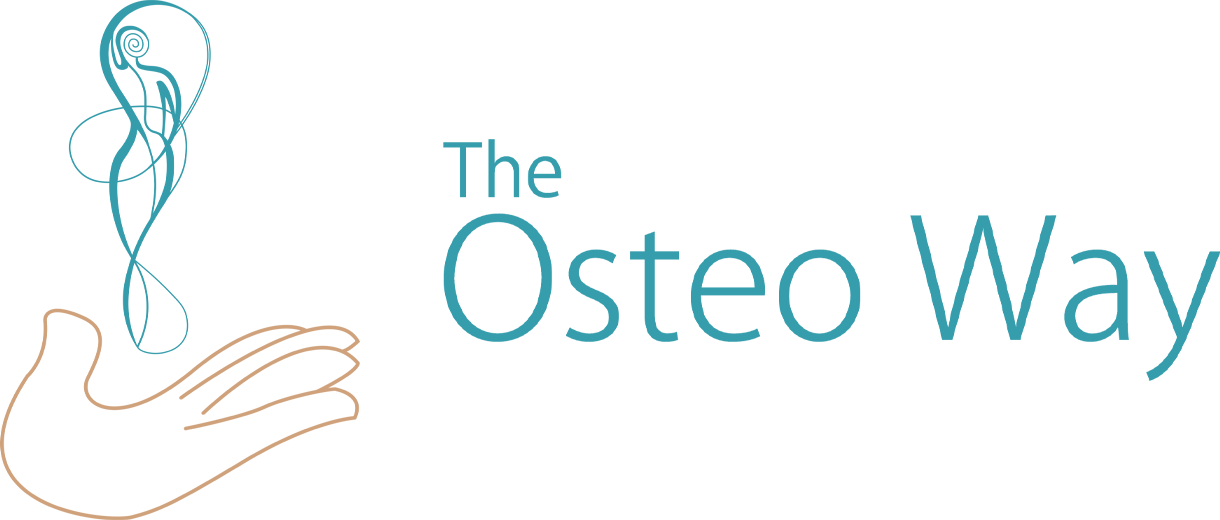Today in the Osteopath Calgary blog, I’m going to talk about the three biological stages of stress in the body.
A question all of our patients get asked during an Osteopathic treatment is “do you feel stressed?”
About 90% of the time, the patient says “no”, or “gosh, it’s nothing compared to what it used to be.”
Then I ask “do you think you’re busy?” And then some will admit that they might be a little!

It seems that stress has a very negative connotation in our culture today and that nobody wants to “have” it or be associated with it in any way. But there is a difference between what patients think stress is and what is really is. Here is how stress manifests in the body:
We can separate three stages of biological stress in the body:
- The Alert stage: Right after a shock–physical or psychological–the body will increase its vital functions via the release of a hormone: Adrenalin This causes the heart, lungs, and blood vessels to work at their maximum capacities.
- The Resistance stage: The body will try to lower its stress levels and a new hormone is released: Cortisol. One of its actions is anti-inflammatory, because the body has too much inflammation at this stage. Either this is enough and the body gets back to its normal functioning, or it doesn’t and we enter into a chronic stress mechanism.
- The Burn-out stage: Now the main priority of the body is to survive with the chronic stress affecting the whole body with different symptoms. Energy is overspent: the digestive tract becomes overactive and can’t digest food properly; muscles also become over-active and create spasms, tensions, and pains; sleep quality becomes poor; our level of energy is low; and our mood is affected by it.
The Osteopathic treatment will consist of:
- Work on the structure of the body (joints/muscles/connective tissues) with mobilizations and muscle work to loosen them up.
- Work on the digestive tract to ease it’s symptoms with Visceral Osteopathic mobilizations
- Rebalancing the nervous system that is in a fight or flight mode, thanks to Cranial Osteopathy/ Cranio-sacral therapy, to help the body sleep, slow down, and regenerate better.
After the Osteopathy treatment, patients often leave the clinic with breathing exercises and some important homework: we ask that you answer these:
- How do you deal with your stress?
- What makes you focus/mindful enough to be more present and allow your body to heal itself again?
- Did you find it yet? If you haven’t, you need to think about it a bit more.
Changing the stress you experience requires changing something(s) in your life, and it can be hard to make those changes if you don’t have an an answer to those questions.
–Chloe Sardin, Osteopathic Manual Therapist
